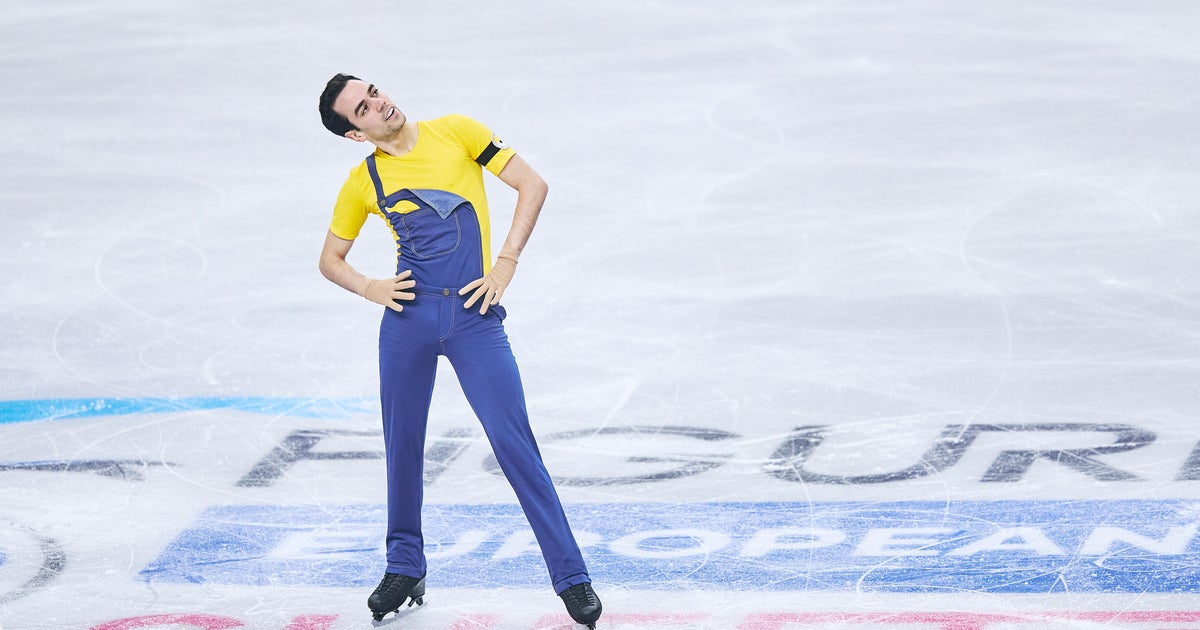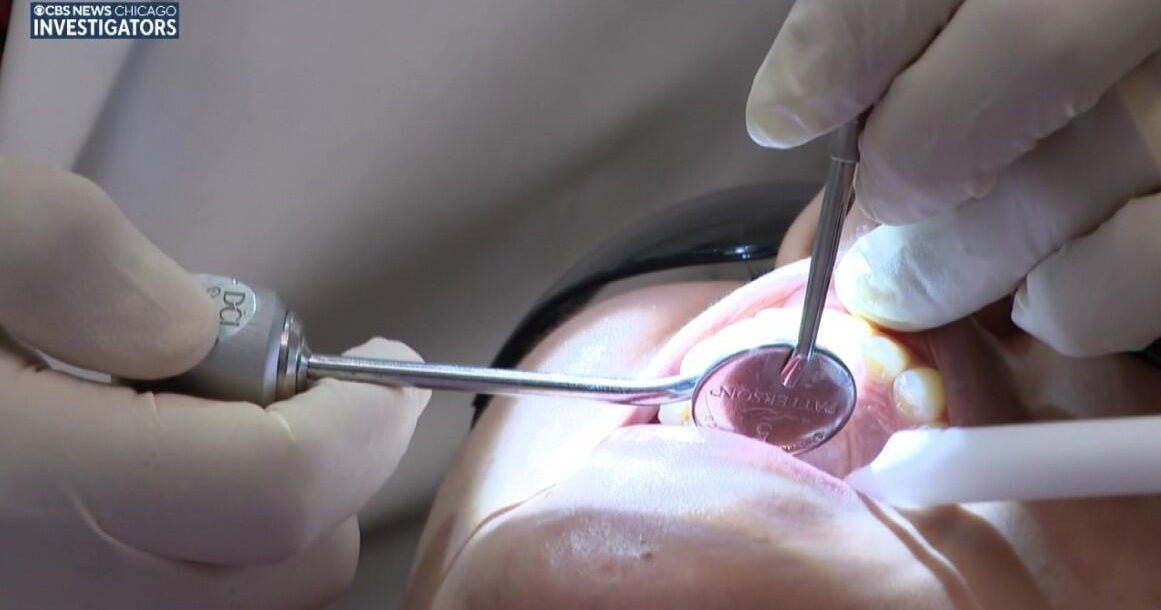2020 films included more LGBTQ characters with longer screen time, study finds
Films from major studios included more LGBTQ characters onscreen for longer amounts of time in 2020 compared to the year prior, according to an annual study conducted by the Gay and Lesbian Alliance Against Defamation (GLAAD). But the organization said there's still progress to be made, especially when it comes to transgender and bisexual representation.
The 9th Annual Studio Responsibility Index included films from eight major studios: Lionsgate, Paramount Pictures, Sony Pictures, STX Films, United Artists Releasing, Universal Pictures, the Walt Disney Studios and Warner Bros.
Of the 44 films those studios released in 2020, 22.7% included LGBTQ+ characters, a 4% increase from 2019. Though there were fewer LGBTQ characters overall — 20 compared to 50 in 2019 — the organization attributed that to the steep decline in films released that year due to the coronavirus pandemic.
Of the 20 characters, half spent ten minutes or more on screen, GLAAD said. Thirty percent logged under a minute.
LGBTQ characters of color also increased their presence. Forty percent of the year's LGBTQ characters were people of color, an increase of 6% from the year prior. Fifteen percent were Asian-Pacific Islander, 10% were Black, 10% were Latinx, and 5% were Indigenous.
"This transformation represents a great opportunity to swiftly accelerate acceptance of LGBTQ stories, break new ground, and invest in queer and trans talent and stories that audiences are eager to watch," GLAAD president and CEO Sarah Kate Ellis said in a statement. "Hollywood and the business of storytelling must be more nimble, more creative, more open than ever before."
As a result of COVID-19 lockdowns, many LGBTQ-inclusive films originally scheduled for 2020 were delayed or moved to streaming platforms and on-demand video providers. As a result, they often became mid-budget projects intended to bring in cash for suffering studios, the report said. The study said movies like Happiest Season, which were originally intended to be released by Sony, were sold to Hulu as a result of the pandemic.
"As the industry examines different release and distribution patterns and models, we hope to see characters included in all genres and at all budget levels," GLAAD stated.
Despite the many advances cited in the study, GLADD said there are still areas in need of improvement. For the fourth year in a row, there were no transgender or non-binary characters in films from the major studios, the organization said, noting that an increasing number of young adults identify as transgender and nonbinary. GLAAD said the lack of representation for nonbinary and transgender people in film "remains one of the more glaring ways mainstream studios continue to lag behind other forms of entertainment media."
The organization commended television shows like the FX series POSE, which made history in 2021 when actress MJ Rodriguez became the first trans person to be nominated in a lead actress role for this year's Emmy Awards. "TV has seen amazing progress in telling transgender stories and empowering trans writers and actors to lead those efforts," the study noted.
GLAAD also called increased representation of LGBTQ characters with disabilities and those living with HIV, writing that none of the films included characters in those situations. The organization also urged distributors to include more bisexual representation in film, due to a decrease in representation in 2020.
"As the industry looks towards a changing future, it is clear that LGBTQ characters need to be part of stories across all platforms of distribution, and prioritizing offering fan engagement experiences provides even greater opportunity for representation and inclusion," said GLAAD's director of entertainment research and analysis, Megan Townsend. "Sincerely engaging LGBTQ audiences can only benefit the studio's bottom lines."



